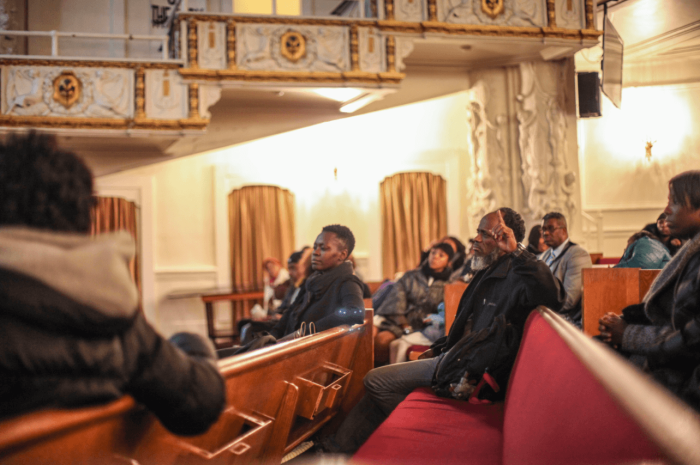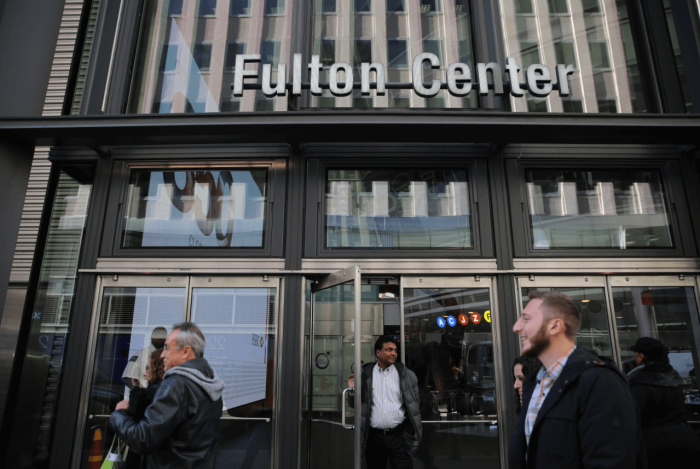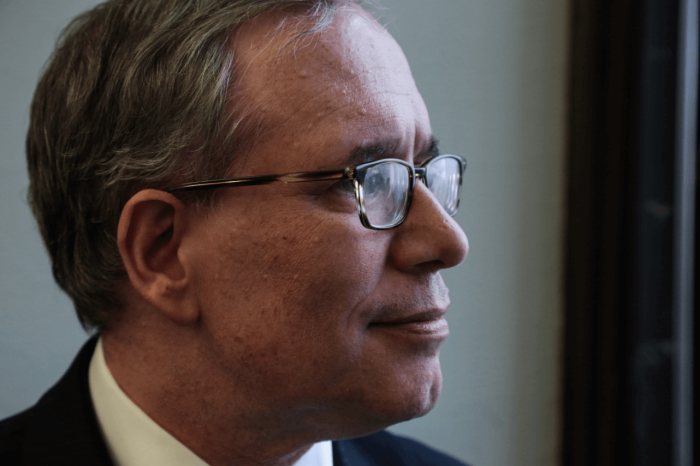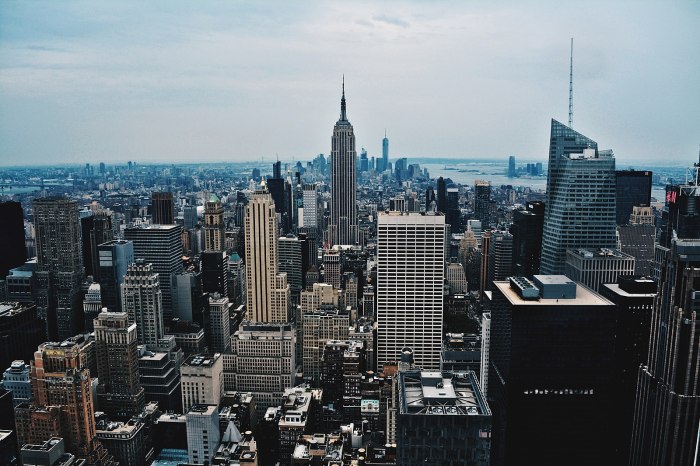It’s time for MTA riders to pay up.
MetroCard rates officially went up on Sunday, two months after the MTA board voted to increase base fares by 25 cents.
Base fares will now cost $2.75 (single rides cost $3), and monthly unlimited MetroCards jump to $116.50 from $112. Rates have also increased for rail tickets, area bridges and tunnels.
Many riders waiting for the train in Union Square on Sunday weren’t aware of the increase. Others, who ran out of swipes, learned of the hike when they went to reload their card.
“That’s really annoying,” said Jessica Rosenqvist, 24, of the increase. “I’m a student, so every penny counts.”
“My paycheck didn’t go up this week,” said Rigo Hernandez, 30, who usually takes the 4-5 train. “The MTA needs to get their act together. There’s always problems with the weekend service, you pay so much money and on the weekends it’s really hard to get around.” “Anything over $2 is too high,” said John Rivera, who was waiting for the L train.
“It’s a part of life I guess, but it’s kind of ridiculous they keep on doing it, but obviously the subway needs to be improved. $4 or $5 (a ride) would be too much,” said Noah White, who was waiting on the N train platform. Ahead of the higher rates, the MTA rolled out a new MetroCard bonus calculator to help riders, who now get a 11 percent bonus when they add more than $5.50 to their card. Riders previously received a five percent bonus back on their cards, and transit officials said at the time of the vote to increase fares they need to do a better job at informing riders on how the bonuses add up. “If you are going to offer 11 percent, you’d damned we’ll help your customers navigate the math,” Gene Russianoff, lawyer for Straphangers Campaign, told Metro. “Right now it is as complex as calculating pi to the 15th decimal.” The MTA said in a statement released before the hike that the “increases are part of a pattern that began in 2009 for modest, predictable, regularly scheduled increases to take place every other year.” The MTA passed a five-year capital plan missing $15.2 billion in funding last year, and transit advocacy groups say the burden should fall on Gov. Andrew Cuomo and other lawmakers to fill the gap, not riders.
MTA rate hikes hit the city
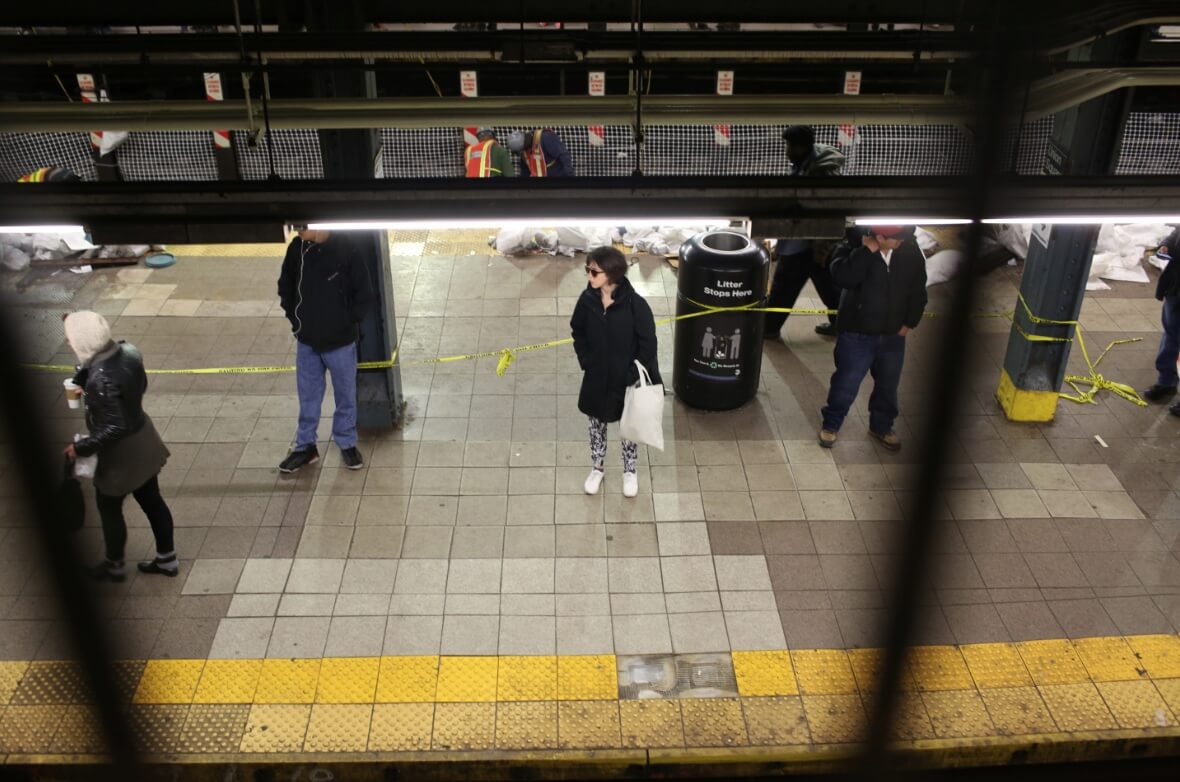
Bess Adler, Metro











